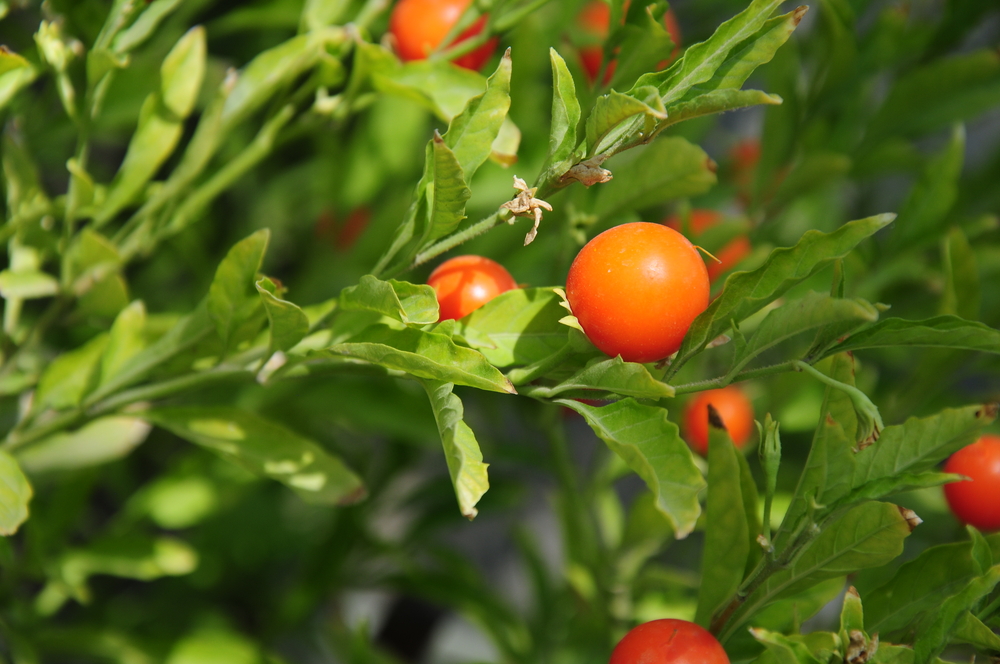Researchers from the Department of Microbiology, Immunology and Molecular Genetics of University of Kentucky published a study entitled “Anti-cancer activity of withaferin A in B-cell lymphoma” September 2015 in the journal Cancer Biology and Therapy where they showed the successful inhibition of lymphoma cells by a component of Withania somnifera, also known as winter cherry or Indian ginseng.
Lymphomas are divided into main types: non-Hodgkin’s (NHL) (about 90% of cases) and Hodgkin’s (about 10%). These blood cancers start in immune cells called lymphocytes (T cells or B cells) which are present in the blood, lymph nodes and other lymphoid tissues (such as the spleen and bone marrow). NHL treatment may involve chemotherapy, radiation therapy, immunotherapy or combination of these treatments, depending on the type and stage of NHL and also on patients’ overall health.
Withaferin A (WA) is a compound isolated from Aswagandha plant (winter cherry) extracts used as traditional Ayurvedic Indian medicine for thousands of years in the treatment of several conditions including fatigue and stress. In this study, researchers in collaboration with Ramesh Gupta from the University of Louisville, isolated WA and observed that the substance inhibited the survival of several human and murine B cell lymphoma cell lines preventing them from dividing. WA targeted signaling pathways in cancer cells that are necessary for survival, such as proteins involved in stress response. Importantly, they demonstrated that WA also prevented the growth of lymphoma cells in animal models without affecting other tissues.
As opposed to other chemotherapy drugs, a major advantage of WA is the effectiveness in killing cancer cells without side effects such as fatigue and pain. “It may be possible to develop orally administered versions of withaferin A that could be used in lymphoma patients with fewer side effects than current chemotherapy regimens,” said Subbarao Bondada who led the research team said.
After the promising results with NHL, the research team is testing the chemical on chronic lymphocytic leukemia (CLL) cells, a type of cancer that affects lymphocytes but at earlier stages of cell development in the bone marrow.


